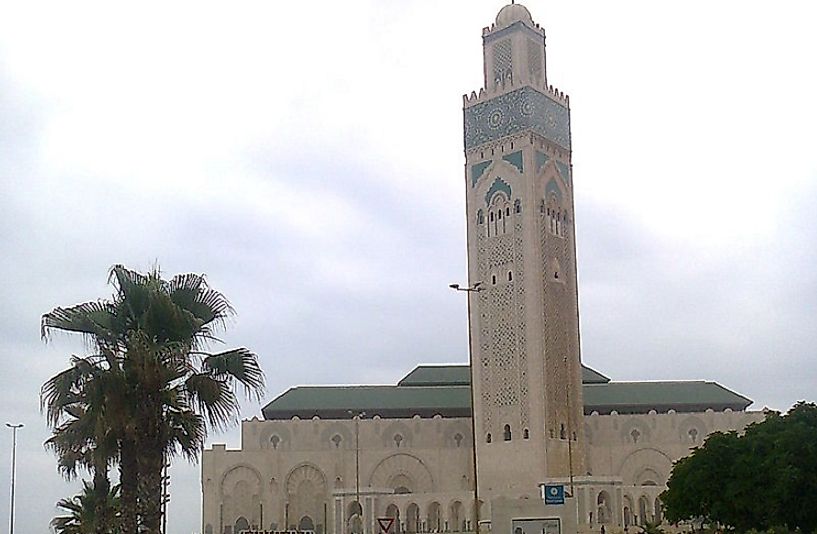Religious Beliefs In Morocco

Morocco is a religious country, and according to the CIA World Factbook 99% of Moroccans are Muslim. Christianity, the second largest religion, has been in Morocco from the time before the arrival of Islam. There are few Jews in the country, most of them having relocated from Israel. A small number of Moroccans practice the Baha'i faith. In recent years the number of the non-religious has been increasing in Morocco.
5. Religion in Ancient Morocco -
The country, once inhabited primarily by the Berbers, was first invaded by the Phoenicians, followed by the Carthaginians, and later the Romans. Judaism has the longest history of religions in Morocco. Its presence dates back to the Carthaginian era in 500 BC. Large numbers of Jews arrived in Morocco after the destruction of their second temple by the Babylonians. Christianity took hold during the Roman era, and Jews faced discrimination from the state-backed Christianity during this time. In 680 AD, the Arabs invaded the country, and its inhabitants converted to Islam. A second influx of Jews came to Morocco after the Alhambra Decree of 1492 which expelled them from Spain.
4. Becoming an Islamic Society-
In 680 AD, the Umayyads, a group of Arabs from Damascus, invaded Northwest Africa, bringing Islam with them. Over time the native Berbers converted to Islam. In 788 AD, Idris I of the Zaydi sect of the Shia faith founded the first Islamic dynasty in Morocco. In the Eleventh Century, the Almoravids established an empire comprising most of modern Morocco and made the Maliki School of jurisprudence, a school of the Sunni denomination, which predominant in Morocco.
3. Sunni Muslim Dominance in Modern Morocco-
Islam has prevailed in Morocco since the 7th Century, and the Alaouite Dynasty claims the Prophet Muhammad as an ancestor. Two thirds of Muslims in Morocco belong to the Sunni denomination while 30% are non-denominational Muslims. The Sunni believe that Muhammad's father-in-law Abu Bakr was his first Caliph. In contrast, the Shia believes that it was Ali ibn Abi Talib, his son-in-law and cousin. The predominant school of Sunni in Morocco is the Maliki School of jurisprudence, which relies on the Quran and hadiths as primary sources of instruction.
2. Minority Religions and Atheism-
The number of Jews in Morocco has today significantly been reduced from numbers seen in times past. A vast majority emigrated to the state of Israel which was established in 1948. Some moved to France and Quebec, Canada. The Jewish population in Morocco today consists mostly of the elderly. Most Moroccan Christians are Roman Catholic, a consequence of colonization by the Spanish and the French. Less than 1% of the population is Christian. The Baha'i faith has between 150 and 500 adherents in Morocco. The religion, which was founded in the 19th Century, is monotheistic and believes in the spiritual unity of all human beings. Few Moroccans identify as non-religious, though there could be even more, however, as many are thought to be keeping their atheism secret for fear of being ostracized
1. Religious Rights and Freedoms in Morocco-
While their constitution gives Moroccans the freedom to practice whatever religion they desire, the country's penal code contains several laws that discriminate against non-Muslims. It is a criminal offense in Morocco to possess a Christian Bible written in Arabic. This law aims to prohibit proselytization of Arab Muslims to any other religion. Morocco is notable among Arab countries for its tolerant brand of Islam. The tolerant attitude may explain the country's appeal to tourists from around the world. It also accounts for the country's perceived immunity to religious fundamentalism.







